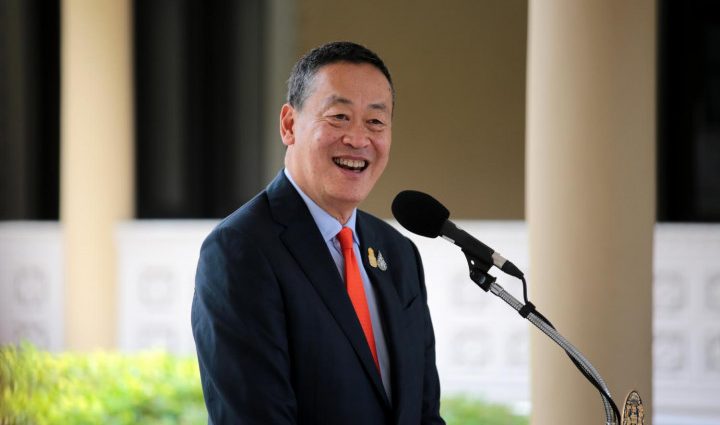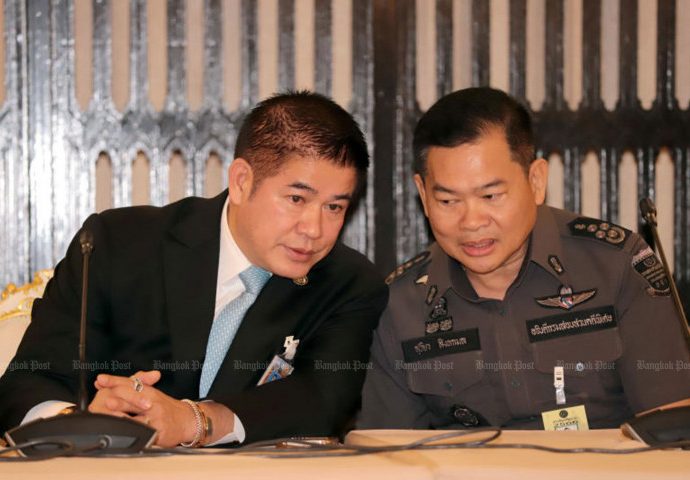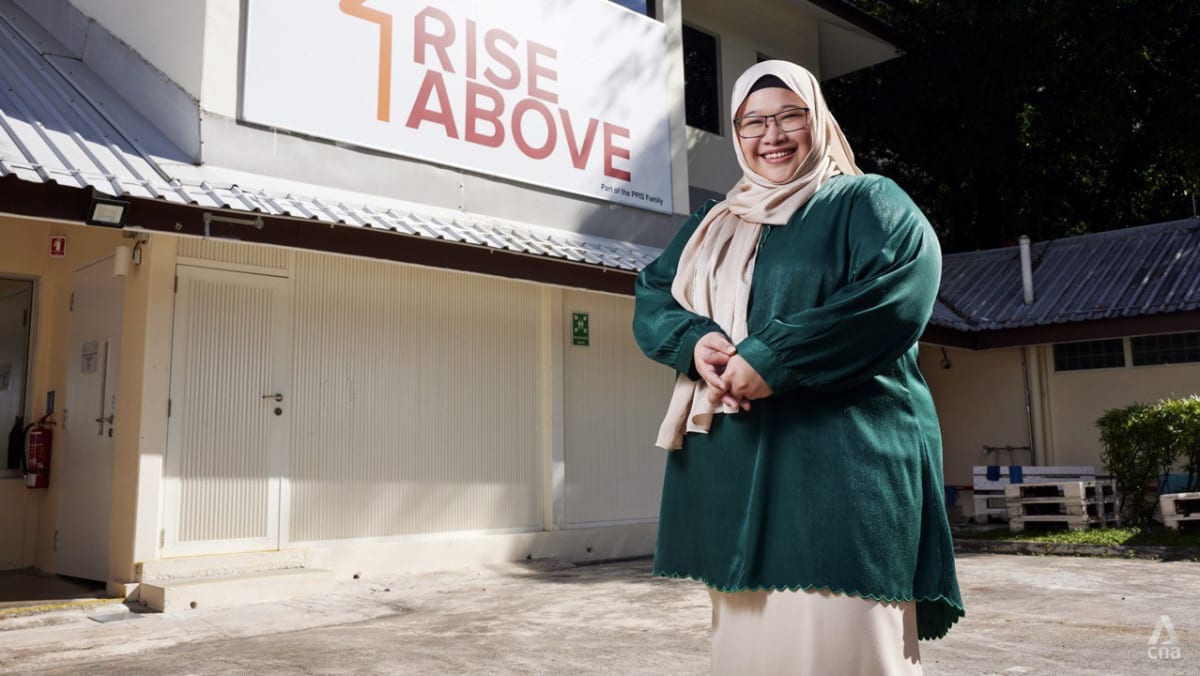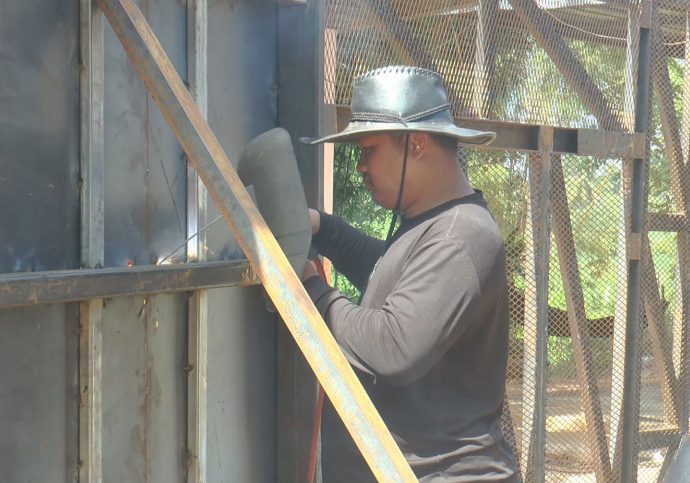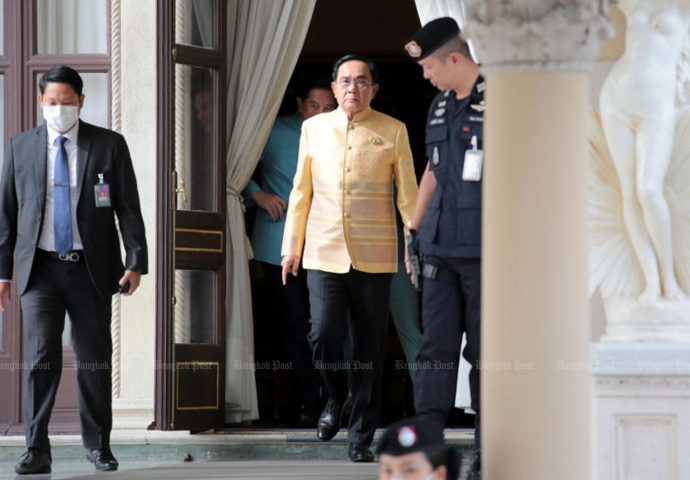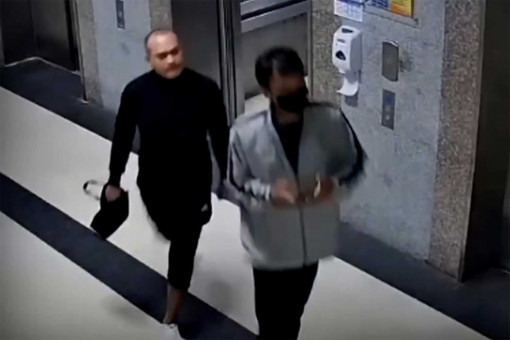Taking a huge gamble

The ruling Pheu Thai Party may be teetering on the brink in pushing its much-touted digital wallet scheme which is highly controversial as it is fiercely debatable.
The whopping 500-billion-baht handout programme, according to a horde of sceptics, is set to drain the coffers with flimsy justification.
The one-off policy originally called for blanket coverage whereby 10,000 baht in digital money would be given to everyone aged 16 and over and spent within a 4-km radius of their home. Under duress, Pheu Thai has since decided on a slimmed-down and more-focused scheme which is now to be made available to 16-year-olds or over earning less than 70,000 baht a month or with combined bank savings of no more than 500,000 baht.
However, the scheme has met with more brickbats than roses from critics who count among their ranks several noted economists and holders of senior finance portfolios in past cabinets.
Although the scheme’s launch has been anticipated to be pushed back, yet again, from February to September next year, the government is adamant the policy, which is Pheu Thai’s main election pledge, will go ahead.
Prime Minister and Finance Minister Srettha Thavisin has staunchly defended the scheme designed to unleash what is billed as a growth “tsunami” through the supposed economic multiplier effect where people’s spending will be exponentially expanded culminating in a hugely robust stimulus that works to jolt the country’s economy back from its “sleepy state”, as scheme advocates put it.
But opponents have not held back against the policy, insisting that the current state of the economy is not so dire as to warrant such an expensive, coffer-draining shot in the arm. They also attacked the premier for going back on his pledge not to borrow money to fund the scheme.
Former finance minister Korn Chatikavanij said the economy may be sluggish, but it is far from being in crisis which would justify an urgent injection of cash through a handout splurge.
A political source said a populist policy may be workable economically if it were deployed at the right time. Now is not the time to be a spendthrift for a noble cause, as a leader with foresight should envision a rough road ahead for the country amid the ongoing wars between Israel and Hamas, and Russia and Ukraine, as well as the unrelenting US-China diplomatic tensions.
The gloomy global economic outlook is predicted to bring hard times to Thailand in the near future when the country will need to fork out enormous sums to assist people and buoy the economy when the real crisis hits.
The source said there was every reason to call a spade a spade. If a policy was destined to drive the country to ruin, the powers that be must be made to realise the potentially disastrous consequences of its own actions.
Jade Donavanik, a legal scholar and ex-adviser to a charter drafting panel, said if there were anyone who could put the brakes, albeit temporarily, on the digital wallet scheme, it would be the coalition parties in the form of Bhumjaithai, Palang Pracharath and United Thai Nation.
However, this would require them to join forces with the main opposition Move Forward Party in casting a no-confidence vote in a censure debate against Mr Srettha, which would instantly result in his immediate removal as PM.
However, some observers say PM Srettha or no PM Srettha, Pheu Thai maintains the political upper hand since it can always nominate its remaining prime ministerial candidate, Paetongtarn “Ung Ing” Shinawatra to replace him. Ms Paetongtarn, the Pheu Thai leader and youngest daughter of jailed former premier Thaksin Shinawatra — who is accused of pulling the ruling party’s strings — is certain to carry on with the digital wallet programme.
Despite the government’s repeated assurances that the scheme will adhere to the law and that scrutiny of the policy is welcome, Deputy Finance Minister Julapun Amornvivat, as chair of the subcommittee steering the scheme, may feel some jitters managing it.
Mr Julapun insists the government will carry out the scheme in compliance with three related laws: the Royal Decree on Criteria and Procedures for Good Governance, the State Fiscal and Financial Discipline Act, and the Budgetary Procedures Act. Only through strictly obeying the laws will the government be protected from any legal backlash.
His remark came after Somsak Suwansujarit, the chief Ombudsman, said he had received a petition seeking a probe into whether the digital wallet scheme is legal under the constitution and other related laws.
The petition was submitted by Wirangrong Dabbaransi, head of the Network of Universities for Reform, and signed by academics, asking the Ombudsman to forward the matter to the Constitutional Court for a ruling.
Mr Somsak said more information on the scheme and opinions from relevant agencies must be gathered as the government has not provided clear details of how the scheme will function.
Once the details are clear, the Ombudsman will forward the complaints to the government so it can provide an explanation, he said.
Also, the National Anti-Corruption Commission has formed a committee to study the digital currency handout. The committee, chaired by Supa Piyajitti, a commission member, is represented by various government agencies tasked with gathering, studying and analysing information from the scheme. The panel will also come up with measures to prevent any potential policy-oriented corruption stemming from the policy.
The committee will also work with other relevant agencies and persons to support its study and gather opinions and suggestions on how to keep potential policy corruption involving the scheme from other sectors.
Interpreting unity talks

Chalerm: No more hard feelings?
Pheu Thai leader Paetongtarn Shinawatra visiting senior party member Chalerm Ubumrung at his home in Bangkok has made some political observers wonder if the ruling party has begun rallying its troops in preparation for another election.
If that is the case, there is no doubt that Pol Capt Chalerm is on top of Ms Paetongtarn’s list given his recent tantrum. Her visit to his residence in the Bang Bon area is widely seen as an attempt to clear the air and address any hard feelings he might have had.
Pol Capt Chalerm caused quite a buzz early last month when he announced he had turned his back for good on jailed former prime minister Thaksin Shinawatra — Ms Paetongtarn’s father — who is perceived to be a powerful figure within the party.
The veteran politician even challenged Thaksin to formally kick him out of Pheu Thai if he thought he should be disowned. “Given what I have just said, I think it’s the best decision I’ve ever made in my life…. From now on, there’s nothing left to say,” Pol Capt Chalerm was quoted as saying.
Wan Ubumrung, his son, also wrote on Facebook: “Just spell it out if you want us to stay or leave.”
Pol Capt Chalerm, a former close aide of Thaksin’s, was reportedly angered after learning from a news report that the ex-premier did not want him and Mr Wan to have cabinet posts because they were “troublesome”.
Less than two months later, Mr Wan posted a photo of his father and Ms Paetongtarn with himself and his son, Archawin. The accompanying hashtags “Pheu Thai Family” and “Jai Tueng Pueng Dai [go-to] Family” have led to speculation that any hard feelings the Ubumrung family have had might be over.
Political observers say they expect to see Ms Paetongtarn make similar visits to other senior members with whom relations have become “disconnected” as part of an effort to solidify the party and prepare herself to become prime minister.
However, they believe she is in for a long wait — to vie for the top post after the next election — rather than a short-term gain of replacing Prime Minister Srettha Thavisin in case his tenure is cut short.
Olarn Thinbangtieo, a political science lecturer at Burapha University, told the Bangkok Post that it is highly unlikely that Thaksin, Pheu Thai’s alleged de facto leader, will ask Mr Srettha to step aside for his daughter as suggested by some critics.
Moreover, Thaksin has to take into consideration the highly controversial digital wallet scheme and the possibility that it may cut short the Pheu Thai-led government’s term, said the academic.
The government has proposed a loan bill seeking to borrow 500 billion baht to fund the 10,000-baht digital wallet scheme. The bill is finance-related, and if it fails to clear parliament, by tradition the prime minister must either resign or dissolve the House.
But Mr Olarn thinks the bill will sail through parliament, provided it is not stopped by other factors first. In his opinion, none of the coalition partners wants an early election, so they are more inclined to support the bill.
According to the academic, the loan bill is more likely to be stopped by independent public agencies or ruled unconstitutional by the Constitutional Court rather than shot down in the House of Representatives.
Considering how contentious the digital money handout scheme is, Thaksin will not let his daughter take the top post during this government’s term or get involved in any controversial schemes to spare herself a political mess, said Mr Olarn.
According to the academic, the Pheu Thai leader should first prove her worth on the soft power development committee before eyeing a bigger role.
“It is not her time [to be premier] yet and there’s no need for her to take the heat. Mr Srettha has only been in office for two months, but he is grappling with problems that seem to be piling up.
“Ms Paetongtarn should focus on her role on the soft power development committee and live up to expectations. If she falls short, she’d better not be thinking about going after a bigger post,” he said.
Thaksin’s youngest daughter was elected leader of Pheu Thai on Oct 27, succeeding Dr Cholnan Srikaew who resigned to show responsibility for failing to keep his pre-election promise that the party would not join hands with the military-affiliated parties.

